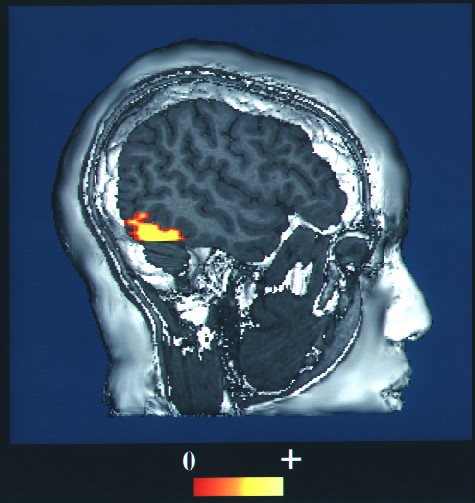Luis H. Favela and Edouard Machery
We thank Ben Baker for taking the time to offer his assessment of our project as well as some suggestions. Baker kindly notes the novelty of the project, its experimental design, and contribution to the debate about representations.
He reports however being “somewhat put off by” the phrase “mainstream representationalism” and finding it “odd.” He further notes that we did not offer “any clear sense of what theoretical commitments” are involved in applying that term. What Baker takes to be a weakness in our framing, we take it as a strength. One of our aims was to show that neuroscientists and psychologists both are committed to the importance of representations in understanding the brain and the mind (Figure 2 of Favela & Machery, 2023) and that they do not really know what “representation” means.
Baker also notes that while our choices of contrast words (e.g., “responding,” “processing,” etc.) covers relevant conceptual territory, the term “detect” could have been useful as well. We agree with Baker: other terms and groupings may have been illuminating. It would in fact be an interesting project to systematically identify, perhaps by using text-analytic techniques, what concepts are commonly used in the relevant literature and what clusters—if any—those words form. That said, we suspect that “detect” would have been used similarly as the three causal notions that we ultimately selected for our study.
Baker offers a number of insightful points and suggestions about the interpretation of our results. He proposes that neuroscientists and psychologists prefer to focus on causal descriptions of neural activity in part because they do not think or care about intentional content in the brain. On his view, this disinterest could explain why they are less “willing to attribute error to brain activity”—we put it more sharply as “unwilling to assign misrepresentation” (Favela & Machery, 2023, pp. 8-9). Although there is more to be said about how content-ascribing and purely causal characterizations of brain activation relate to one another, we agree that when neuroscientists refer to brain states by ascribing content to them (e.g., representations of values), they should not be understood literally.
Baker concludes by stating that our project illuminates the increased need for interdisciplinary discussion and the importance of understanding neural activity in terms of “evolution, development, and learning.” While we do agree about the importance of evolution, development, and learning, we doubt that such variables would have made any difference in our experiment: for example, would Baker expect different results and would our results be more informative if the vignettes used in our studies (Favela & Machery, 2023, p. 4) included such descriptions as, “Data were obtained via a microelectrode from single neurons in participants’ fusiform face area, which were selected for via evolutionary pressures?” Perhaps framing vignettes in ways that use the concept of representation in contexts that stress evolutionary considerations would better illuminate how participants apply the concept of representation to neural states. It is an empirical question, and we hope our approach will motivate others to extend our research in this and other directions.
References
Favela, L. H., & Machery, E. (2023). Investigating the concept of representation in the neural and psychological sciences. Frontiers in Psychology: Cognition, 14:1165622, 1-13. https://doi.org/10.3389/fpsyg.2023.1165622

